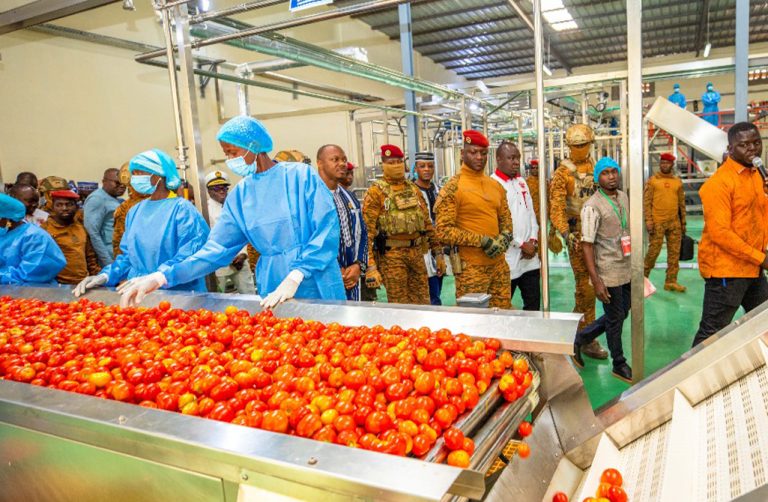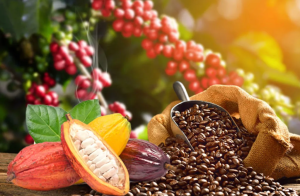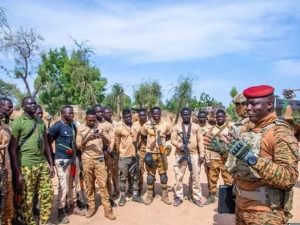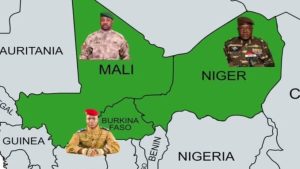Burkina Faso charts new economic path under President Traoré

Since President Ibrahim Traoré came to power, Burkina Faso has embarked on a decisive shift in its economic development strategy. By focusing on domestic resources and the resilience of its people, the country is laying the foundations for an emerging economy centered on agriculture and agro-industry.
Once viewed as a subsistence sector, Burkinabe agriculture is now undergoing a major transformation.
This change has accelerated with new support mechanisms for farmers, including subsidies for seeds, fertilizers, and modern equipment to boost productivity.
Beyond farming, the real breakthrough lies in local value addition. The government is prioritizing domestic processing to reduce import dependency and create jobs.
Several industrial units have been established or expanded in key sectors like tomatoes, maize, and cotton.
The cotton industry, in particular, has seen renewed investment, with efforts to process fiber into textiles domestically.
Similarly, investments in tomato processing aim to turn perishable produce into higher-value goods.
This agro-industrial push reflects a clear vision: leveraging local resources to build a resilient, inclusive, and self-reliant economy. The strategy gains urgency amid ongoing security challenges, where economic sovereignty is seen as key to stability.
Under President Traoré’s leadership, Burkina Faso is carving a development path rooted in its agricultural potential.
If sustained, this approach could position the country as a model for farm-based industrialization in West Africa.
Cédric KABORE






